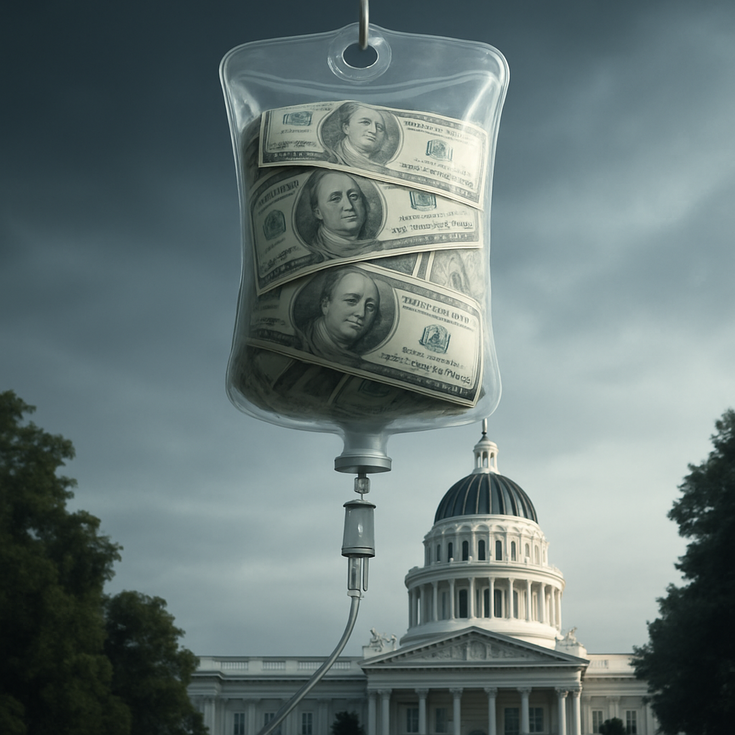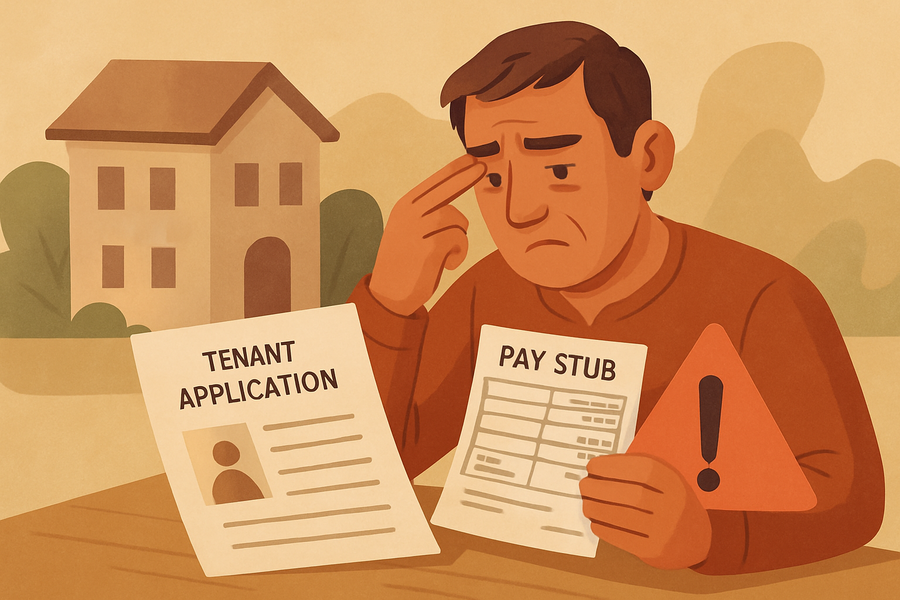One Big Beautiful Bill Act
The “Big Beautiful Bill” (officially the One Big Beautiful Bill Act, or OBBBA), signed into law on July 4, 2025, delivers a wide range of benefits for apartment owners and real estate investors—particularly those in high-tax, high-cost markets like California. The tax provisions and incentives contained in this sweeping federal law can materially improve net operating income, after-tax cash flow, and long-term wealth-building potential for multifamily property owners.1,3
Expanded Tax Deductions
The OBBBA makes several important tax breaks permanent or more generous:
Qualified Business Income (QBI) Deduction: The 20% QBI deduction for pass-through entities (common with rental real estate) is now permanent, and for some, phased-in increases up to 23% are possible. Unlike prior rules set to expire, this provides ongoing reductions to the effective tax rate on rental profits from LLCs, partnerships, and S corps.2,3
Section 179 Expensing: The maximum deduction for immediate expensing of eligible property (such as appliances, roofs, security improvements, or other qualifying renovation costs) leaps to $2.5 million with a $4 million phase-out, both inflation-indexed. This lets apartment owners instantly write off much more of their renovation and equipment spending, instead of waiting years to recoup costs through depreciation. 2,3
Bonus Depreciation: Federal law now restores and locks in 100% bonus depreciation for specific tangible assets placed in service after January 19, 2025. Owners can deduct the full cost of furniture, fixtures, certain upgrades, and segmented improvements in the year incurred, which is crucial for value-add operators and those modernizing older properties. 2
Increased SALT Deduction
For California and other high-tax-state landlords, the new State and Local Tax (SALT) deduction cap rises from $10,000 to $40,000 per household from 2025 through 2029. The full benefit is available for incomes up to $500,000, with phaseouts for higher earners. This fourfold increase means apartment owners can offset much larger shares of their state property taxes and income taxes, resulting in potentially thousands in annual federal savings. 2,4
Mortgage Interest and Insurance Premium Deductions
The bill locks in the current $750,000 mortgage interest deduction cap as a permanent rule. Clarity around this cap enables better long-range planning for higher-value properties, particularly in coastal states. Meanwhile, deductions for mortgage insurance premiums—including FHA, VA, and USDA fees—are made permanent, and can apply to rental properties financed through programs requiring less than 20% down payments. 2,5
Preservation of 1031 Exchanges & Favorable Capital Gains Treatment
The popular 1031 like-kind exchange rules remain fully intact—enabling owners to defer capital gains by reinvesting in other real estate. Lower capital gains tax rates are preserved. For owners considering portfolio repositioning, this means the tax-deferral tools and favorable exit tax rates remain unchanged, keeping transaction and upgrade opportunities viable. 2,3,4
Enhanced Estate Planning and Business Interest Rules
For those holding properties in family trusts or business entities, the estate tax exemption is now permanently set at $15 million per person—significantly easing intergenerational transfers and preserving wealth in multifamily holdings. Apartment owners who use leverage gain from favorable EBITDA-based interest deduction limits, making it easier to deduct interest costs on loans for acquisitions or cash-out refinances. 2,3
Opportunity Zones and Affordable Housing Credits
The OBBBA keeps Opportunity Zone (OZ) tax benefits in place through 2033, while adding rural carve-outs. For owners and syndicators investing in designated OZs, this means ongoing access to preferential capital gains treatment and basis step-ups. It also raises Low-Income Housing Tax Credit ceilings, helping owners and developers participate in subsidized projects or property upgrades that meet affordable housing criteria. 2,4
Practical Impact and Cautions
While these changes largely favor apartment owners, federal-state conformity is not universal. For example, California does not fully conform to federal bonus depreciation, and applies stricter limits to Section 179 expensing. Apartment owners should coordinate with qualified tax professionals to tailor strategies for their portfolios and jurisdictions. 2
Disclaimer
The information provided in this article is for discussion purposes only and should not be construed as tax, legal, or financial advice. Readers are encouraged to consult with their own qualified tax and legal advisors regarding their individual circumstances.
Footnotes
1. Wikipedia: One Big Beautiful Bill Act – content and summary of the law, including tax reform details. 2. ShieldCRE Blog – detailed tax implications for apartment owners in California (Section 179, SALT, QBI). 3. Landlord Studio Blog – breakdown of depreciation, mortgage deductions, and QBI phase-outs for real estate investors. 4. Lucas Real Estate – discussion of SALT deduction, 1031 exchanges, and affordable housing incentives. 5. Bancal SF – mortgage deduction clarity and summary of insurance premium change.








